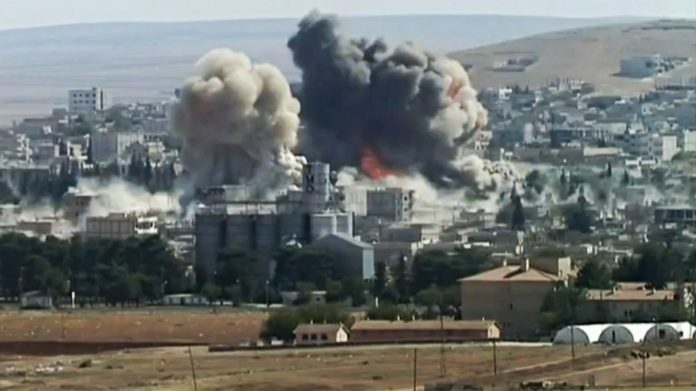A significant proportion – more than a third – of the guns and ammunition used by Islamic State in Iraq and Syria were made in European Union countries, according to a new report by Conflict Armament Research (CAR).
The report, which was published on December 14, shows how deadly arms can often end up in the wrong hands. CAR tracked weapons used by Islamic State to factors in Germany, Bulgaria, Romania and Hungary.
As reported by Deutsche Welle (DW), Germany’s international broadcaster, CAR found that Russia and China produced more than half of the weapons held by the terror group.
CAR’s 200-page report, titled “Weapons of the Islamic State”, is the result of three years of fieldwork carried out by research teams in Iraq and Syria. Between 2014 and 2017, researchers analysed more than 40,000 items recovered from IS frontline positions, including guns, ammunition, and components used to make explosive devices.
The report pointed out that most IS weapons were looted from the Iraqi and Syrian armies. But in many cases arms purchased from eastern European states by Saudi Arabia and the United States — and then supplied to Syrian opposition forces — also ended up in the jihadi group’s hands.
“These findings are a stark reminder of the contradictions inherent in supplying weapons into armed conflicts in which multiple competing and overlapping non-state armed groups operate,” the report said.
It detailed how Saudi Arabia and the United States had bought billions of dollars’ worth of weapons from eastern European nations before passing them on to Syrian militias, often breaching contractual clauses.
“Many of these transfers have violated the terms of sale and export agreed between weapon exporters — primarily EU Member States — and recipients in Saudi Arabia and the United States,” the researchers said.
According to CAR, the parties involved in these arms transfers often deliberately attempted to conceal the weapon’s source by changing the packaging, and removing or painting over factory markings. The researchers added that some of their data had led to criminal proceedings, including investigations by Belgian police into supplies of parts of improvised explosive devices (IED).

